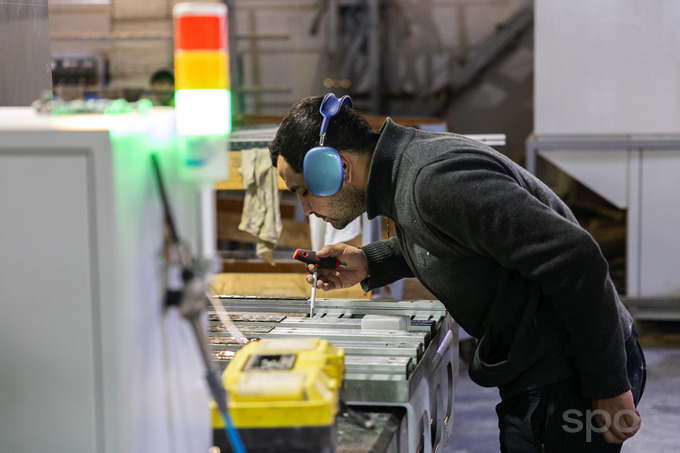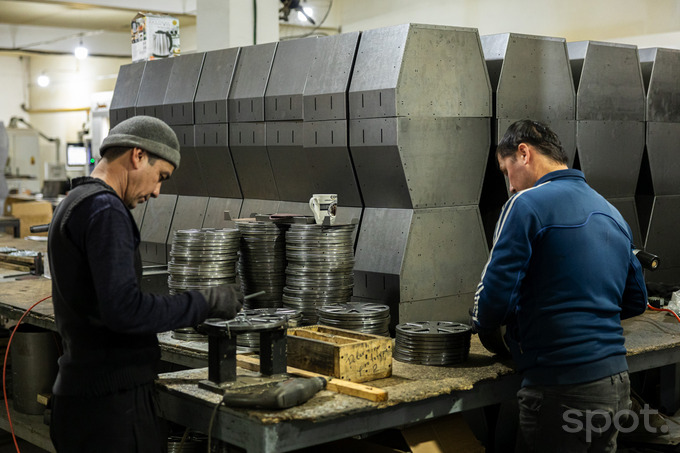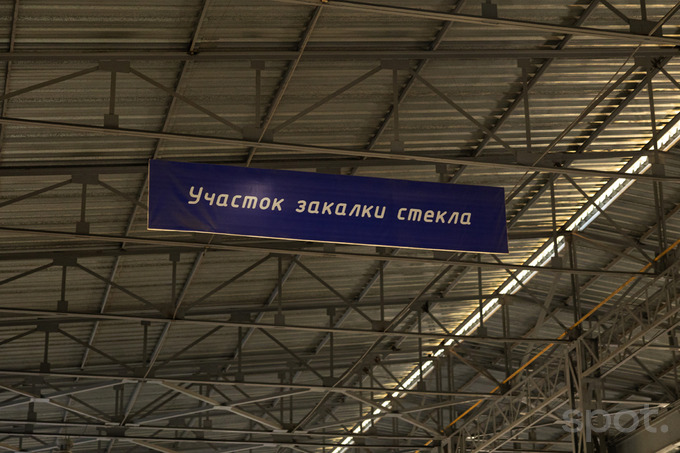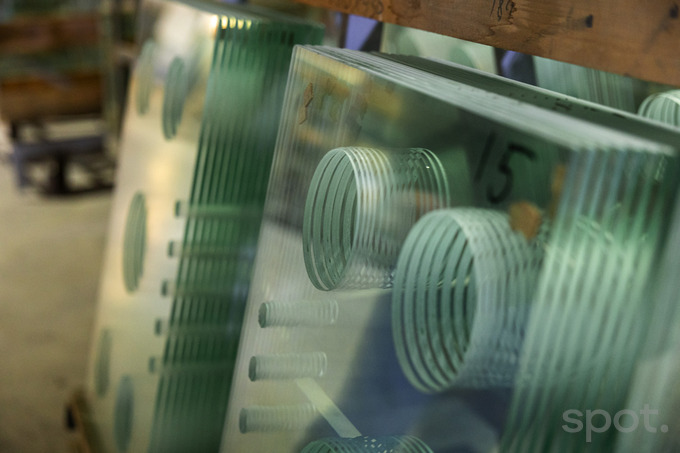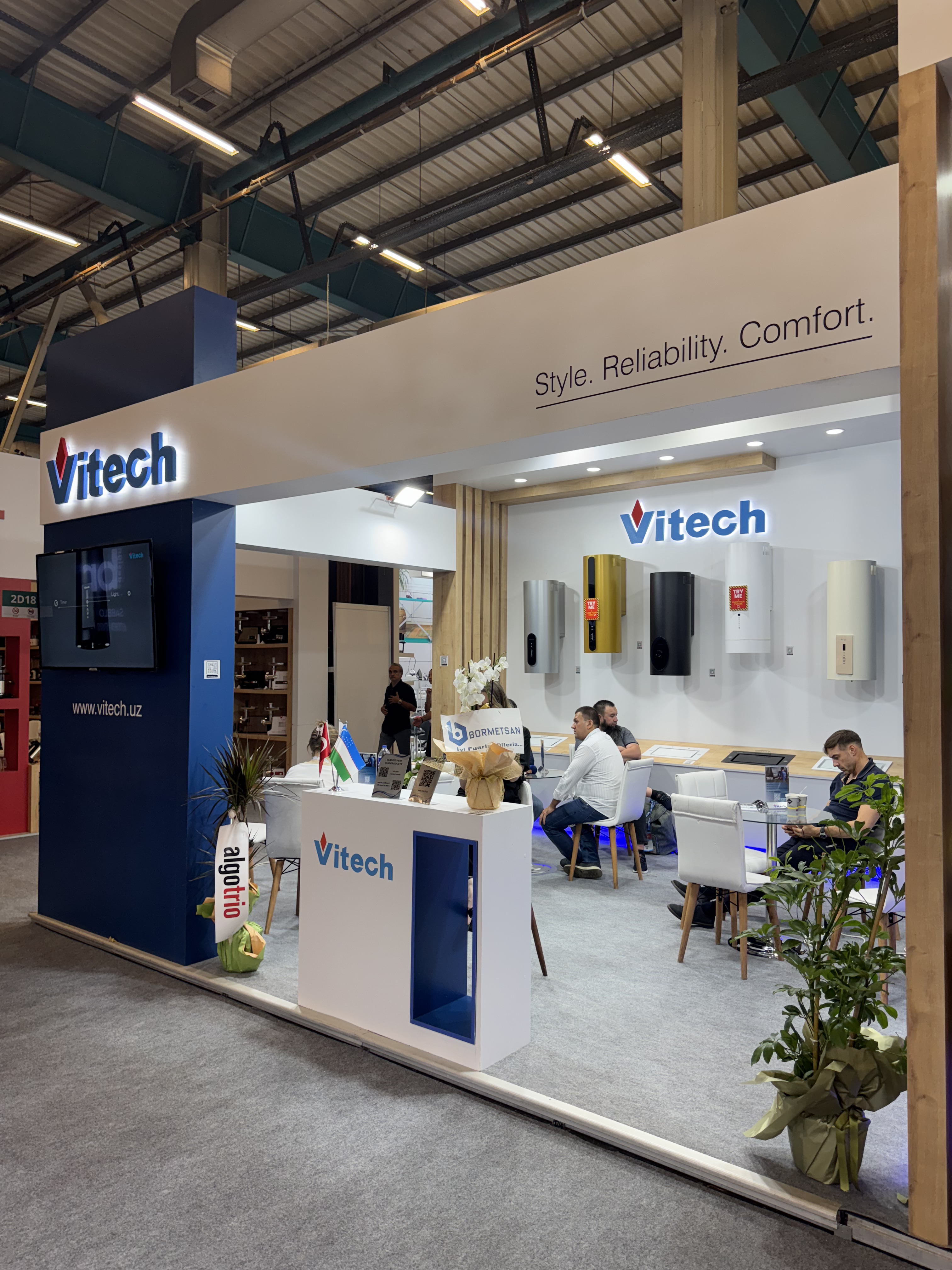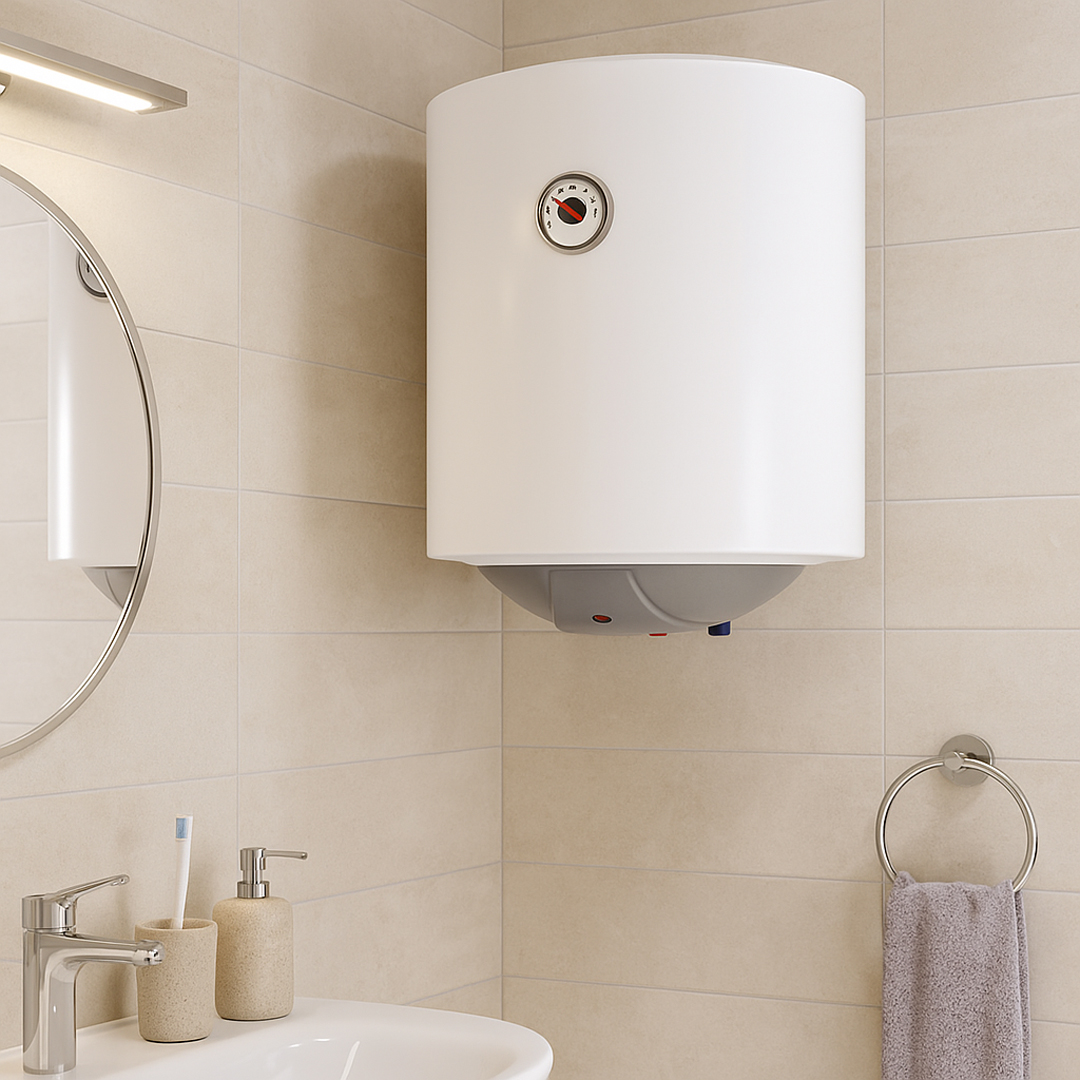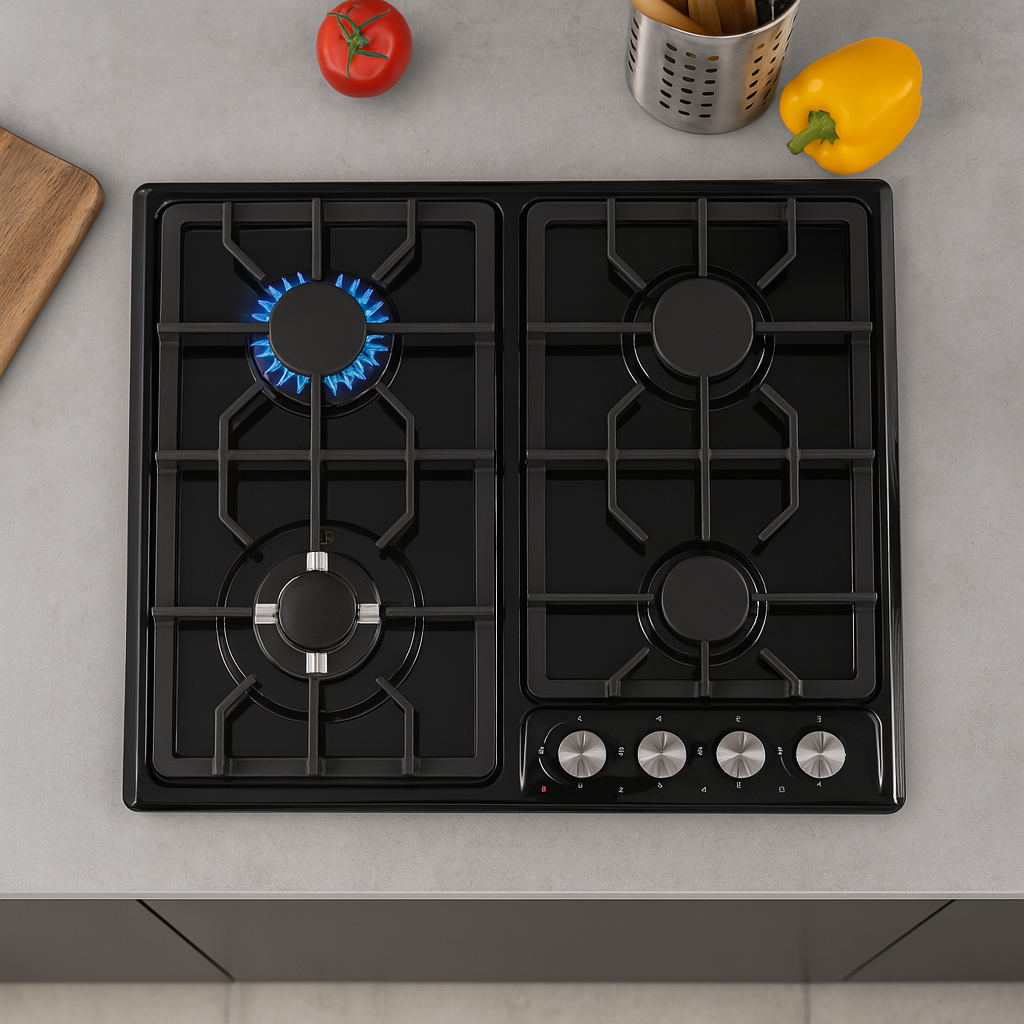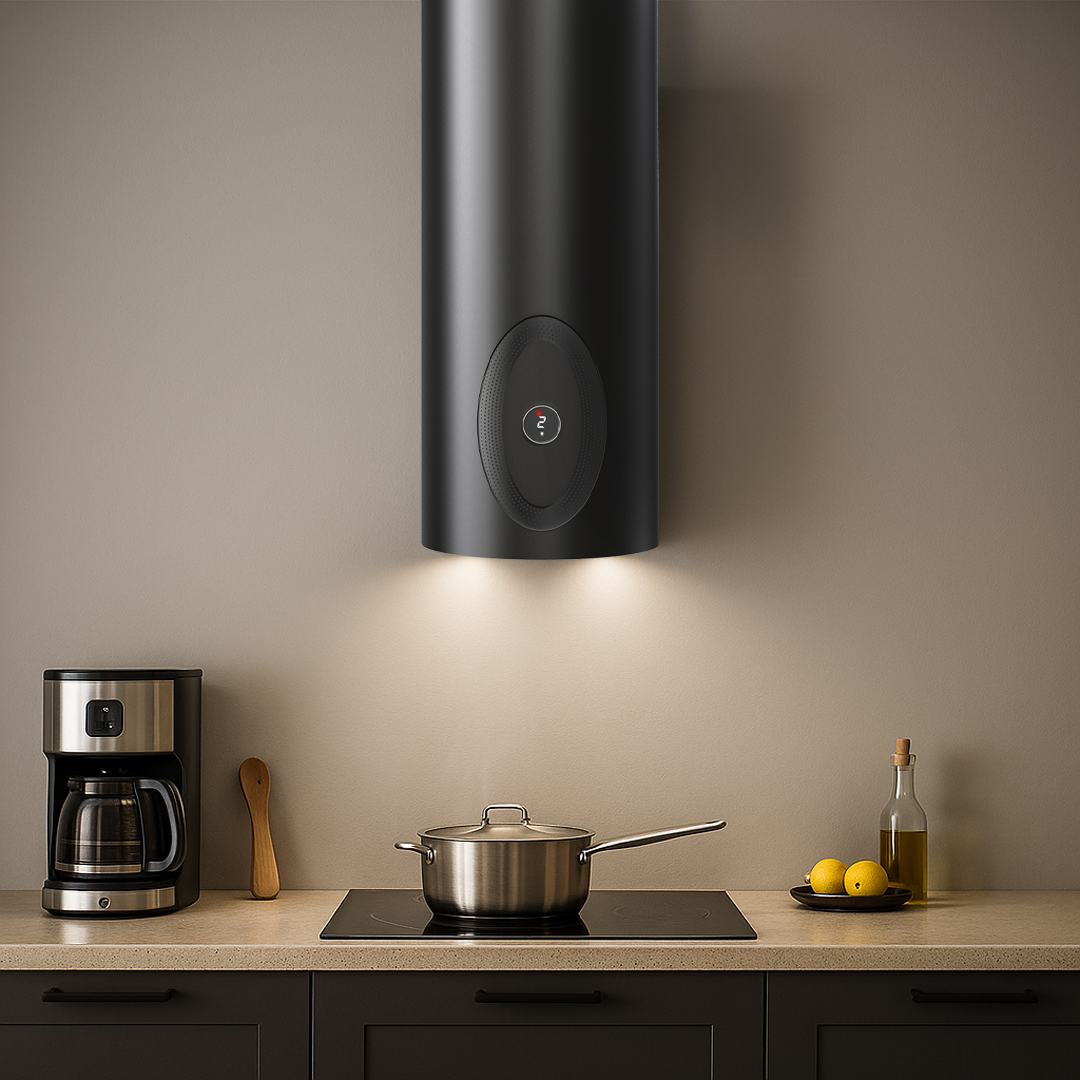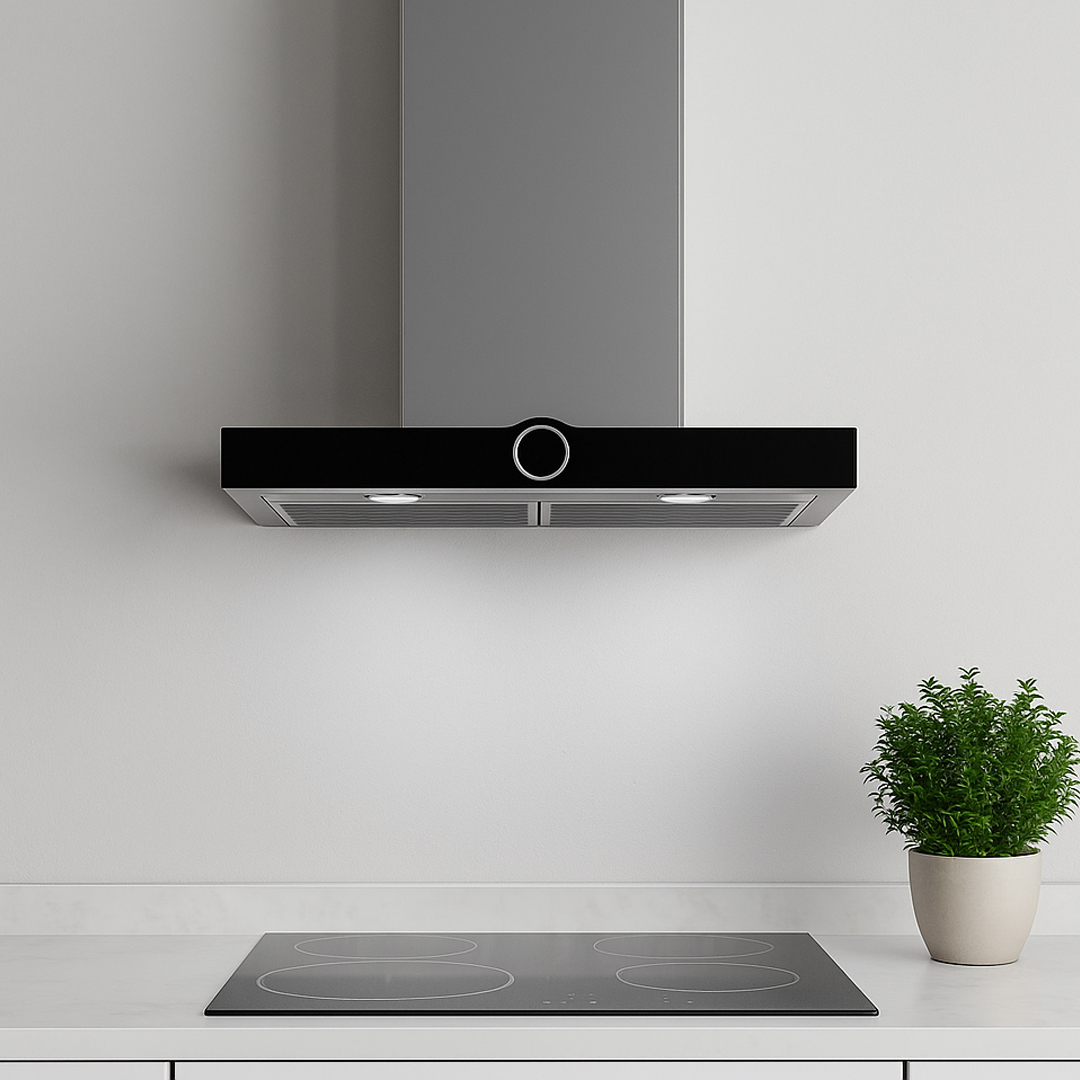From lights to hoods
how Shamil Sadykov started a business in the 90s and then founded the production of household appliances
Shamil Sadykov's first business was the production of rubber products and lamps, in which he invested $100. In the 2000s, the entrepreneur started manufacturing cooker hoods using scrap materials and scrap metal from Yangiabad. The first machines were also assembled by hand so as not to spend money on expensive equipment.
A chance acquaintance at the exhibition led to a contract under which the company supplied thousands of water heaters to standard houses built under the state program. Now the company has expanded its product range, started exporting products and even fulfilling exclusive foreign orders.
In an interview with Spot, VITECH founder Shamil Sadykov explained how he started with a cooperative, dismantled foreign equipment to create his own analogue, assembled a machine from scrap materials from Yangiabad that was 15 times cheaper than the necessary equipment from China, and why small companies are more viable than large manufacturers.
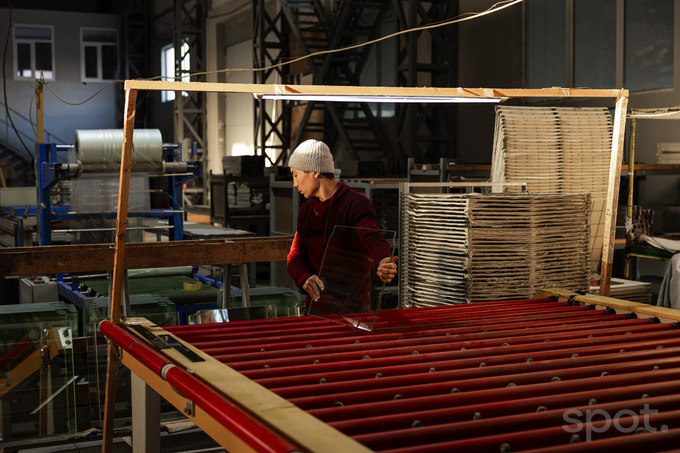
Jack of all trades
I was born and grew up in Akkurgan District of Tashkent Province. He graduated from a technical school with a degree in electrical installation. In Soviet times, he worked in a team that was engaged in electrical work at various sites. With the beginning of perestroika, it became obvious that the old system was collapsing, and it would be difficult to feed the family with the same work. We had to adapt. That's when the first cooperatives started to open, and my friends and I also started our own business. For just a penny, they rented a small workshop on the territory of the UzHydroMash plant and started producing rubber products: cuffs, oil seals, gaskets, wipers, mud flaps.
At that time, after the collapse of the Soviet Union, there was a shortage of goods and imports were expensive. Therefore, our products quickly found a place on the market.
In 1997, we decided to complete an order for the production of ceiling lights for one organization. To do this, we studied foreign analogues and copied them. They learned how to work with thin metal, and ordered throttles and other parts from abroad. I invested my first $100 in this business, which I borrowed from relatives. I repaid this debt for almost a year; at that time it was a lot of money.
For several years, our cooperative continued to produce rubber products and lamps. Time passed, small and medium-sized businesses gradually began to develop, and a policy of privatizing enterprises began. My friends and I decided to buy our plant, paying about $3,000 for it from our own funds. Then I opened my first private enterprise — Sadykov Sh.
Extractors and water heaters
I was constantly researching the local appliance market for new opportunities. Once I noticed kitchen hoods. In modern houses of that time, they became an integral part of the interior, but imported models were very expensive.
We carefully studied the hoods of European brands and realized that we could do no worse. We needed machines, metal and components. Fortunately for us, the Yangiabad market had a lot of scrap metal at that time, which was ideal for our needs. From old Soviet fans and air conditioners, we extracted the necessary components for engines. And we manually assembled the first machines on which we started producing extractors. By the way, our first machines are still preserved as exhibits of the past; they are still in operation.
At first, it was difficult to find customers. People trusted imported goods more. We advertised in newspapers, called potential customers, knocked on customers' doors. Over time, the first orders from wholesalers and small businesses appeared. When the borders opened, we were able to order high-quality metal from the CIS countries.
In 2008, my team had 25 people, including Soviet-level engineers. We made 2,000 hoods a month using simple equipment. For comparison, today 100 people use high-precision machines to produce only 4-5 thousand units per month. All this is due to the complexity of production processes and the emergence of complex equipment that requires compliance with technical standards. And the final product, of course, has become more complex and better.
Then we decided to expand our product range. Then we drew attention to Ariston electric water heaters, which were very popular. The name “Ariston” became a household name, and was associated not with Italian production, but with water heaters in general. We bought one sample, dismantled it for parts, studied it, drew up drawings, a plan and eventually created our own version. To be honest, it wasn't easy. The problem was finding equipment that could round and weld metal into a cylindrical shape, as well as bend the ends in the right diameter, etc. We worked as a team, stayed up at night, but we still achieved our goal.
I went to China to trade fairs to study their equipment. The machine we needed cost about $15,000, which was very expensive for us. When we returned home, we purchased the necessary metal products in Yangiabad and made our own machines: a sheet bending machine, a press. It only cost us $1,000.
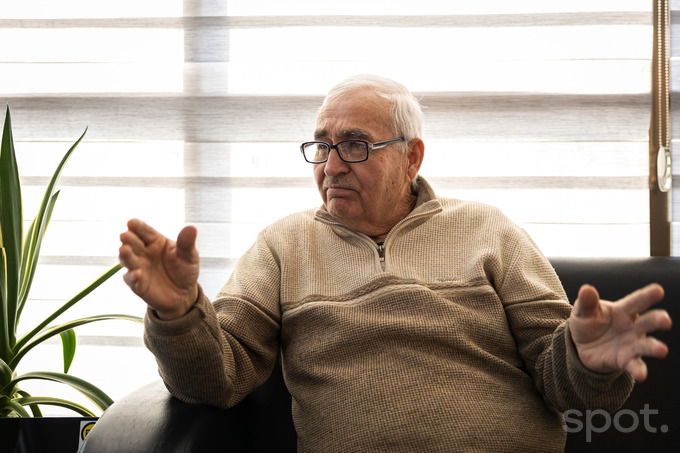
To stand out, we created our own brand — VITECH. At that time, another brand with a similar name, VITEK, entered the market, but we did not aim to associate them with them. Our name came about because of a funny feature: in remote regions, people called hoods “vitechki”. We loved that it sounded simple, close and homely yet modern.
We were one of the first enterprises in Central Asia to manufacture water heaters. To promote, companies began to participate in exhibitions. Representatives of Kishlock Kurilish Invest drew attention to one of them. They didn't believe we made water heaters ourselves. But after a visit to our production facility, they were convinced of our potential and signed a contract with us. We have begun to supply water heaters for standard houses that have been built under the state program since 2010.
For several years, we have been producing 12,000 to 15,000 water heaters for these houses. In addition, under the same program, we have started manufacturing dual-circuit gas boilers and produced about 18,000 units. This was a big breakthrough for us.
Modernization and scaling
Over time, we were able to purchase modern machines using both our own funds and soft loans at 8-15% per annum for 5 years. The equipment was imported from Turkey, Italy and China. Prices range from $150,000 to 350,000. Among them were high-precision glass forming machines. This made it possible to improve the models of hoods, as well as to develop the production of cooktops, washing machines, infrared heaters and other equipment. Of the accessories for hoods, we import only control panels and AC motors from China and Turkey.
We have started exporting to all neighboring countries, as well as Russia. The main products for export are extractors and water heating tanks. And on the domestic market, we remain one of the main producers of hoods. However, the production of double-circuit boilers was discontinued due to high energy consumption and competition with foreign brands. New appliances — washing machines, cooktops and heaters — account for about 20% of our product range.
The annual sales volume reaches 100-120 thousand units of hoods and water heaters, and the turnover is about $5 million. Exports account for about 30-40% of sales. Export logistics costs are partially offset by government benefits.
We have a network of service centers, warranty service and delivery throughout the country. The main customers are wholesale consumers. Prices for water heaters range from $50 to $100 per unit, and hoods have about the same price range.
We work on request
One of our advantages is the ability to produce water heaters and hoods on an OEM basis for individual orders. Our partners include local manufacturers of various household appliances Rosso, Premier, Spagna, Zvezda, as well as Russian customers — Kanzler, Zigmund and Stein. In this case, the production of hoods of the required design requires a team of specialists, sophisticated technologies and specialized equipment. Therefore, it is easier for OEM customers to order products from us; we immediately ensure high quality and compliance with their requirements.
Although this direction does not generate large sales volumes, it allows you to stay afloat, create exclusive solutions, withstand competition and constantly improve. We have registered another AMATO brand, under which we produce the same equipment as under the VITECH brand, but we sell through Ozon and Wildberries marketplaces, mainly to Russia and Kazakhstan. These platforms with millions of active customers give us access to markets with high demand for household appliances.
Working with marketplaces allows us to minimize costs — there is no need to open stores, pay rent, or sellers' labor. In addition, these platforms take on a significant part of the delivery and order processing tasks, and you can manage product availability, prices and promotions through your personal account. There are automatic analytics and statistics, and due to high traffic to marketplaces, the need for advertising is reduced.
However, the main brand — VITECH — remains the key brand in our production. Our main competitors are Artel, Saturn, Elite, Ideal, Ferre, as well as Russian, Chinese and Turkish manufacturers. However, we are able to compete successfully due to our compactness and flexibility. We adapt quickly to market requirements and our prices remain relatively low.
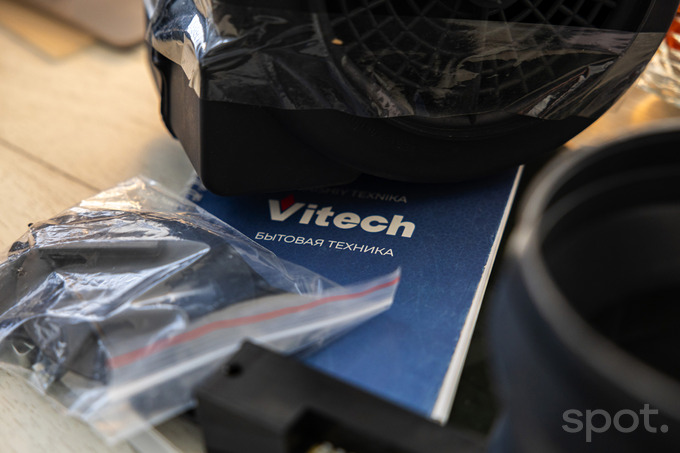
Once representatives of the Italian Ariston plant visited our enterprise and highly appreciated our achievements, noting that VITECH focuses on market needs, that is, it produces only what the market needs and in the required volumes. Unlike us, large plants, such as Ariston, can produce 5,000 water heaters per day, but do not always find sufficient demand for them.
How the business climate is changing
In recent years, the economy of Uzbekistan has shown good growth, infrastructure and transport corridors are actively developing. Online commerce also offers consumers convenient ways to buy goods. We believe that the market for household appliances will continue to become saturated, with many domestic and imported goods emerging, which will give consumers the opportunity to choose based on their financial capabilities.
At the same time, periodically discussed introduction of duties on the import of household appliances to support local producers. We believe that the policy of customs protectionism can be both beneficial and risky for the Uzbek economy. Everything should be balanced. Our country needs both exports and imports; if there is no competition, we will not develop.
The country's potential has grown significantly over the past decades. At the same time, specialists such as engineers, technologists, machine operators, metalworkers, foundries, turners, milling machines, etc. were leaking. It is becoming increasingly difficult to find such specialists on the labor market. Therefore, it is almost impossible for us as manufacturers to compete, for example, with Korean brands that have been around for many years.
The disadvantages of protectionism are also worth mentioning. Imported goods will become more expensive due to duties, and local products may be of lower quality or more expensive due to lack of competition. Local businesses can relax knowing they're protected from foreign competitors, resulting in stagnant quality and innovation. High duties may encourage the illegal import of equipment. Citizens will have less access to modern and higher-quality imported goods. Therefore, a moderate policy of customs protectionism on household appliances is useful, that is, it should be temporary and accompanied by programs to support local production, investments in technology and quality control.
In addition, against the background of growing production and industrial capacities, it is important to introduce environmental standards and measures to protect the environment in all areas of the industry.
What's next
One of our strategic goals is to enter European markets. We are confident that this will be possible when Uzbekistan joins the WTO. We are already working on obtaining European quality certificates. The availability of expensive machines is no guarantee of success. The main factors are personnel, effective marketing, ability to find customers and build long-term partnerships.
Like many local businesses, we are facing a crisis of professionals. Young people often choose to make quick money, such as working on social media, and are reluctant to enter difficult and time-consuming professions. But we are convinced that over time these trends will come to naught and the demand for technically competent employees will increase. Therefore, we plan to improve our personnel policy and invest more in promising young professionals.
I would advise young people not to waste time on easy and short-term earnings. Instead, you should learn specific professions that will provide a stable and long-term income.
Daniyar Rashidov/ SPOT.UZ
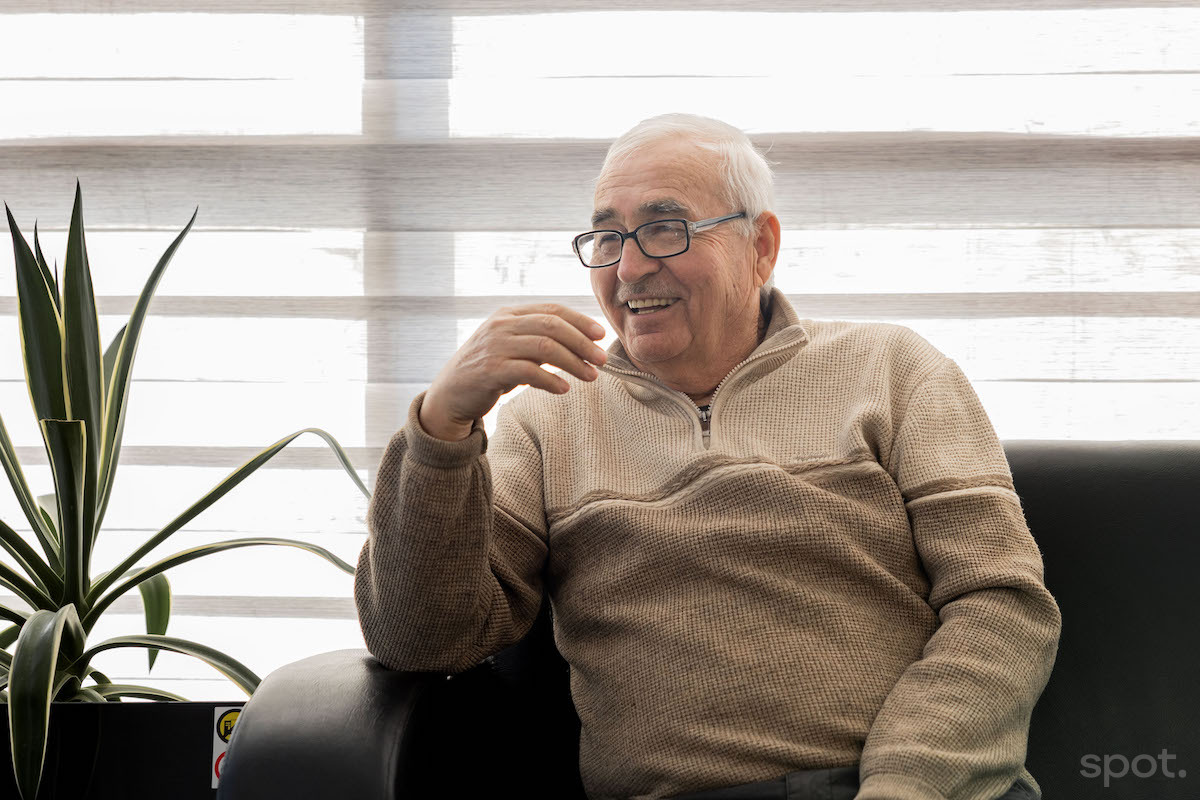
Are you ready for comfortable solutions?


